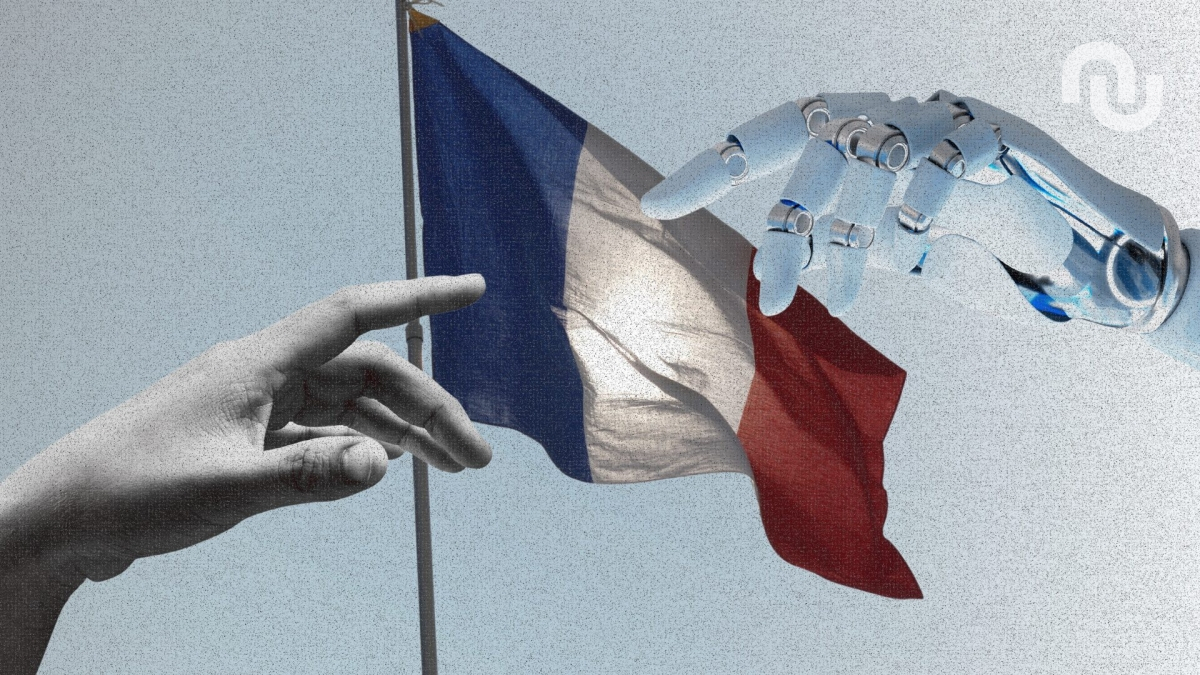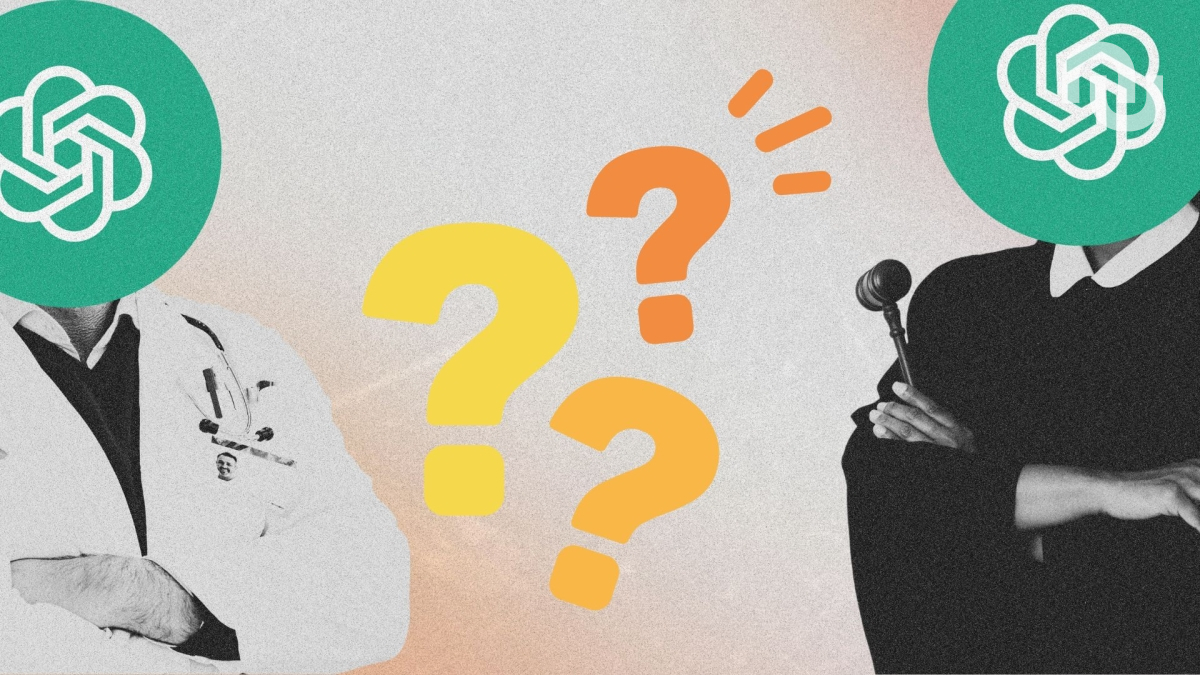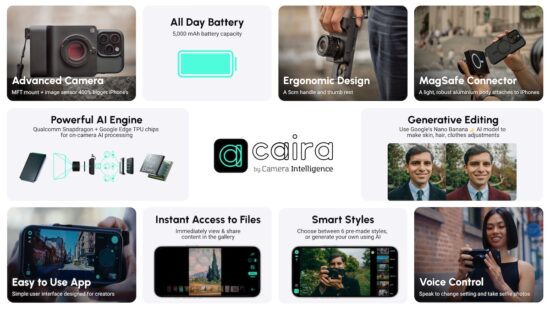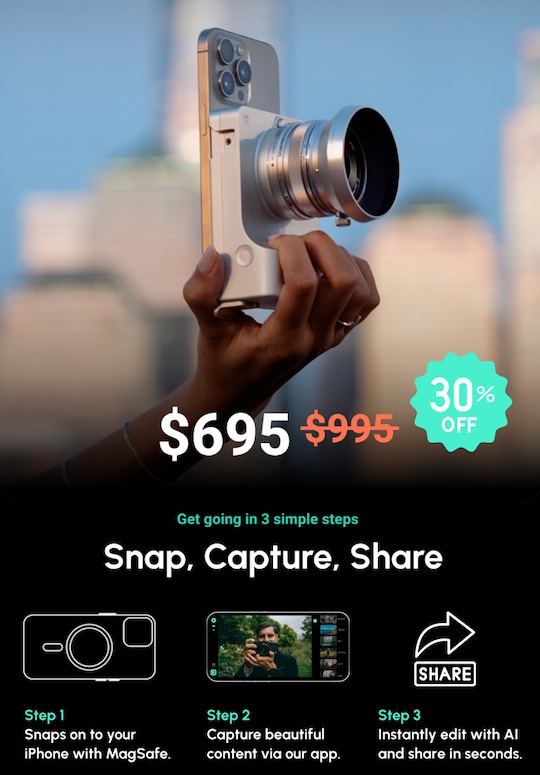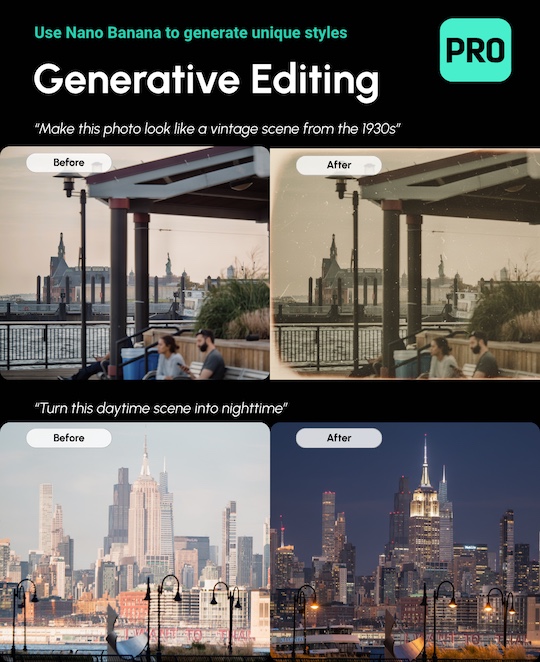"It's been hard for me to understand why Atlas exists," writes MIT Technology Review. " Who is this browser for, exactly? Who is its customer? And the answer I have come to there is that Atlas is for OpenAI. The real customer, the true end user of Atlas, is not the person browsing websites, it is the company collecting data about what and how that person is browsing."
New York Magazine's "Intelligencer" column argues OpenAI wants ChatGPT in your browser because "That's where people who use computers, particularly for work, spend all their time, and through which vast quantities of valuable information flow in and out. Also, if you're a company hoping to train your models to replicate a bunch of white-collar work, millions of browser sessions would be a pretty valuable source of data."
Unfortunately, warns Fast Company, ChatGPT Atlas, Perplexity Comet, and other AI browses "include some major security, privacy, and usability trade-offs... Most of the time, I don't want to use them and am wary of doing so..."
Worst of all, these browsers are security minefields. A web page that looks benign to humans can includehidden instructions for AI agents, tricking them into stealing info from other sites... "If you're signed into sensitive accounts like your bank or your email provider in your browser, simply summarizing a Reddit postcould result in an attacker being able to steal money or your private data,"Brave's security researchers wrotelast week.No one has figured out how to solve this problem.
If you can look past the security nightmares, the actual browsing features are substandard. Neither ChatGPT Atlas nor Perplexity Comet support vertical tabs — a must-have feature for me — and they have no tab search tool or way to look up recently-closed pages. Atlas also doesn't support saving sites as web apps, selecting multiple tabs (for instance, to close all at once with Cmd+W), or customizing the appearance. Compared to all the fancy new AI features, the web browsing part can feel like an afterthought. Regular web search can also be a hassle, even though you'll probably need it sometimes. When I typed "Sichuan Chili" into ChatGPT Atlas, it produced a lengthy description of the Chinese peppers, not the nearby restaurant whose website and number I was looking for.... Meanwhile, the standard AI annoyances still apply in the browser. Getting Perplexity to fill my grocery cart felt like a triumph, but on other occasions the AI has run into inexplicable walls and only ended up wasting more time.
There may be other costs to using these browsers as well. AI still has usage limits, and so all this eventually becomes a ploy to bump more people into paid tiers. Beyond that,Atlas is constantly analyzing the pages you visit to build a "memory" of who you are and what you're into. Do not be surprised if this translates to deeply targeted ads as OpenAI startslooking at ways to monetize free users. For now, I'm only using AI browsers in small doses when I think they can solve a specific problem.
Even then, I'm not going sign them into my email, bank accounts, or any other accounts for which a security breach would be catastrophic. It's too bad, because email and calendars are areas where AI agents could be truly useful, but the security risks are too great (andwell-documented).
The article notes that in August Vivaldi announced that "We're taking a stand, choosing humans over hype" with their browser:
We will not use an LLM to add a chatbot, a summarization solution or a suggestion engine to fill up forms for you, until more rigorous ways to do those things are available. Vivaldi is the haven for people who still want to explore. We will continue building a browser for curious minds, power users, researchers, and anyone who values autonomy. If AI contributes to that goal without stealing intellectual property, compromising privacy or the open web, we will use it. If it turns people into passive consumers, we will not...
We're fighting for a better web.


Read more of this story at Slashdot.
